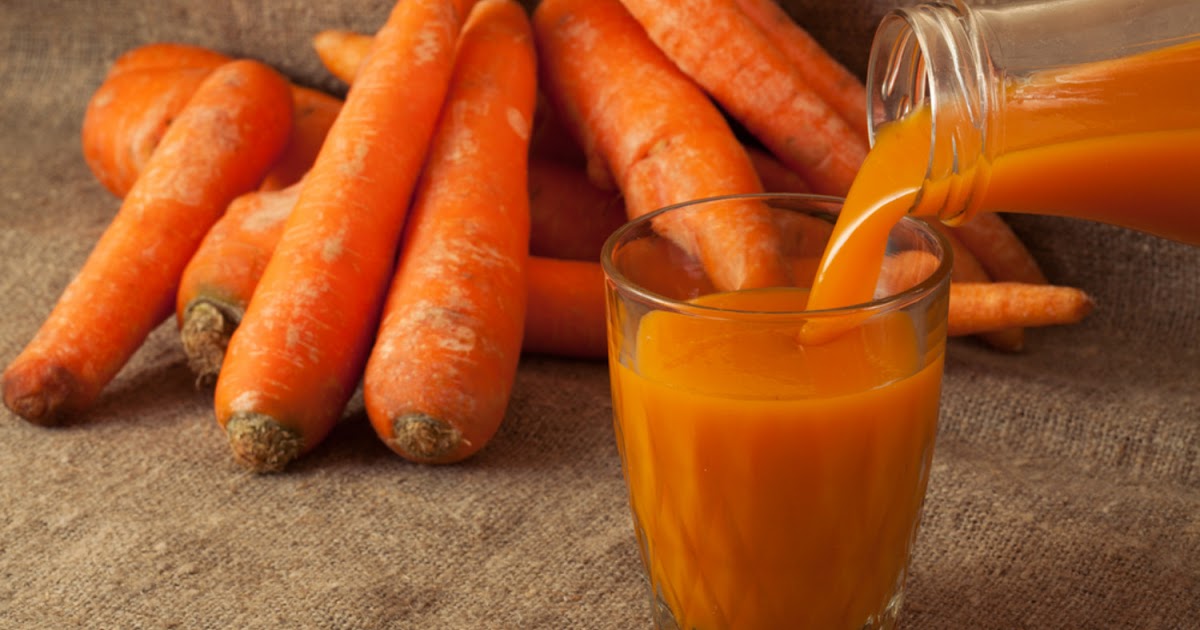
Eating a handful of peanuts every day can offer numerous health benefits, thanks to their rich nutrient profile. Here’s what you can expect when you include this tasty and nutritious snack in your daily diet:
Nutritional Benefits of Peanuts
Peanuts are not true nuts but legumes that pack a powerful nutritional punch. They contain essential vitamins and minerals, healthy fats, protein, and fiber. Here’s a breakdown of their key components:
- Protein: Peanuts are a good source of plant-based protein, essential for muscle repair and growth.
- Healthy Fats: They contain monounsaturated and polyunsaturated fats, which are beneficial for heart health.
- Fiber: Peanuts are high in dietary fiber, which aids in digestion and helps maintain a healthy weight.
- Vitamins and Minerals: They are rich in vitamins like B-vitamins and vitamin E, and minerals including magnesium, phosphorus, potassium, and zinc.
Health Benefits of Eating Peanuts Daily
- Heart Health: Peanuts contain heart-healthy fats and other nutrients that can help lower bad cholesterol levels and reduce the risk of heart disease. The presence of resveratrol, an antioxidant, also contributes to heart health and longevity.
- Weight Management: Despite being calorie-dense, peanuts have a high satiety value, meaning they can keep you full longer. Eating them in moderation can help control hunger, thus aiding in weight management.
- Reduced Risk of Certain Diseases: Regular consumption of peanuts has been linked to a lower risk of several diseases, including diabetes and certain types of cancer, thanks to their antioxidant properties.
- Energy Boost: Peanuts are a good source of energy, which can be beneficial if you include them in a balanced diet, especially if you’re physically active.
- Improved Brain Health: Peanuts contain niacin and vitamin E, both known for supporting brain health and reducing the risk of cognitive decline.
Considerations and Potential Risks
- Allergies: Peanut allergies are common and can be severe. If you have a peanut allergy, you should avoid peanuts altogether.
- Caloric Intake: Peanuts are high in calories, so it’s important to eat them in moderation to avoid excessive calorie intake.
- Aflatoxins: Peanuts can sometimes contain aflatoxins, a type of mold that can be harmful if consumed in large quantities. Purchasing peanuts from reputable sources and storing them properly can help minimize this risk.
Serving Suggestions
To enjoy the benefits of peanuts, aim for a small handful (approximately 1 ounce or 28 grams) per day. Here are some ideas to incorporate peanuts into your diet:
- As a snack: Eat a handful of plain, unsalted peanuts between meals.
- In dishes: Sprinkle chopped peanuts over salads, stir-fries, or noodle dishes for added crunch and nutrients.
- As peanut butter: Use natural peanut butter (without added sugars and fats) in smoothies, on whole-grain toasts, or with fruits like apples or bananas.
In conclusion, consuming a moderate amount of peanuts daily can be a great addition to a healthy diet, offering substantial nutritional benefits and contributing to overall well-being. However, moderation is key, and it’s important to consider individual health conditions like allergies.




